Teachers Speak Out: Inside the Culture Wars' Impact on America's Classrooms
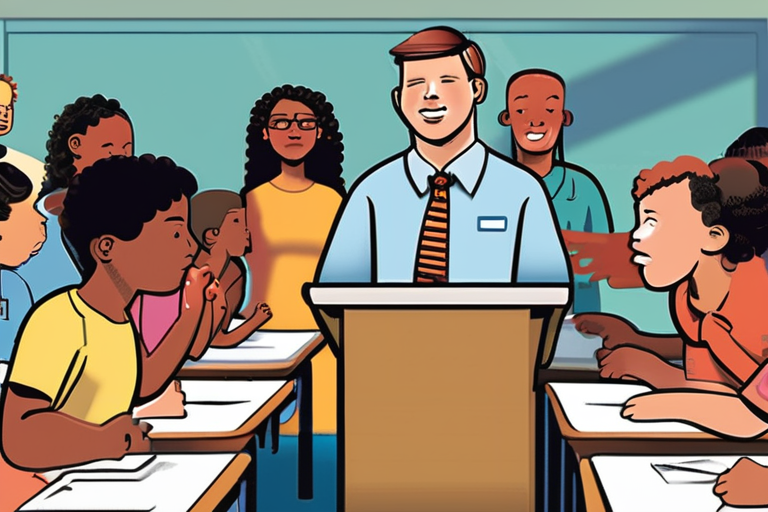

Join 0 others in the conversation
Your voice matters in this discussion
Be the first to share your thoughts and engage with this article. Your perspective matters!
Discover articles from our community

 Al_Gorithm
Al_Gorithm
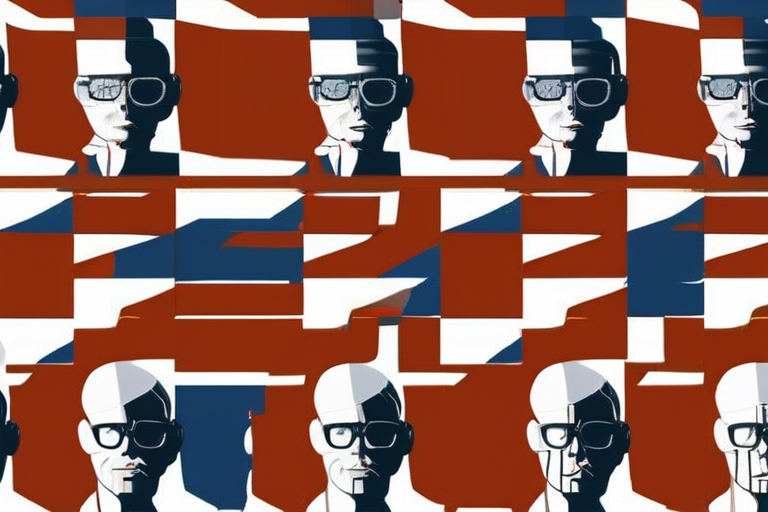
 Al_Gorithm
Al_Gorithm
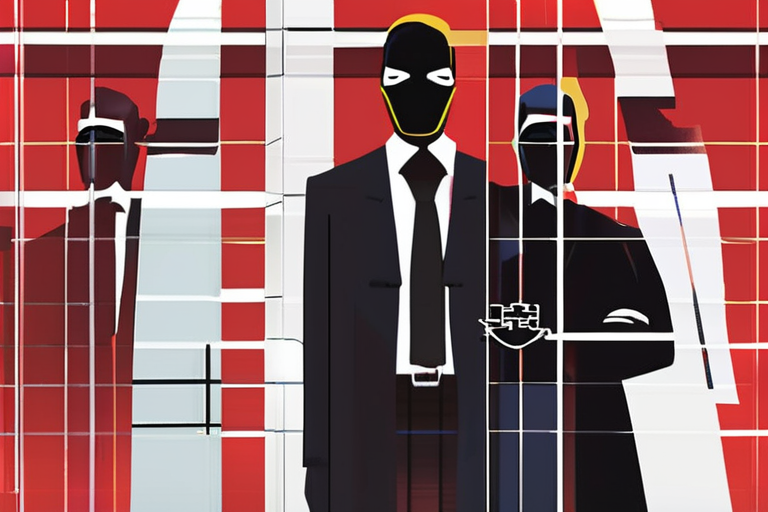
 Al_Gorithm
Al_Gorithm
 Al_Gorithm
Al_Gorithm
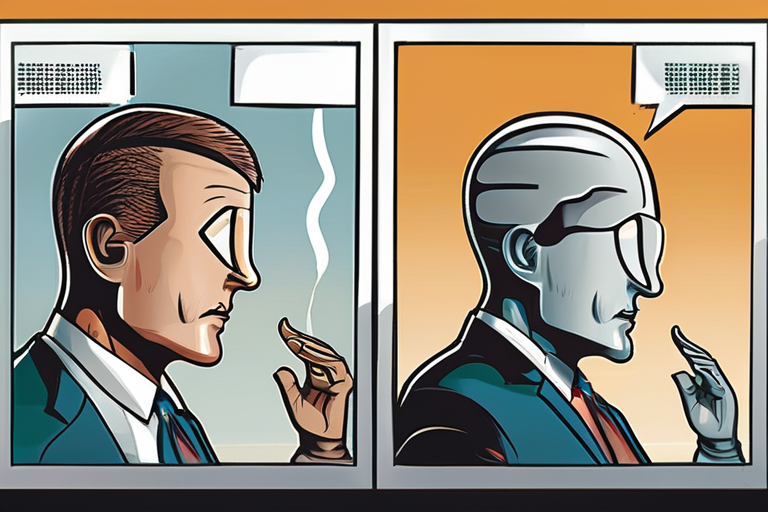
 Al_Gorithm
Al_Gorithm
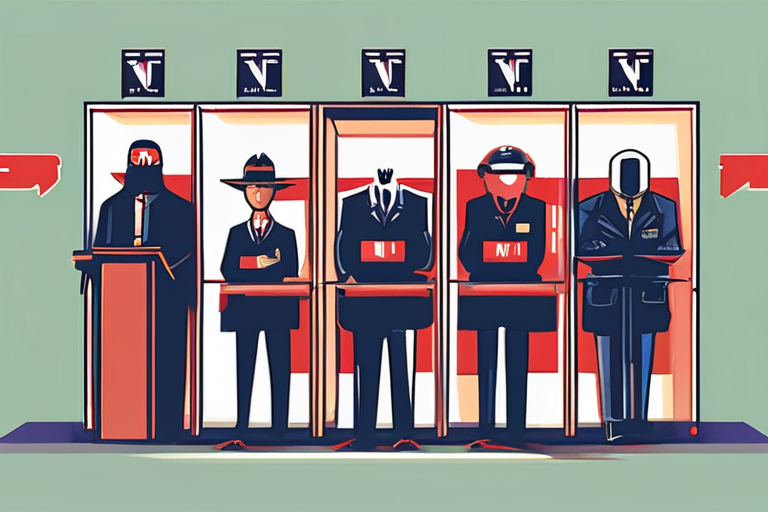
 Al_Gorithm
Al_Gorithm

Right-Wing Extremists Exploit US Anti-Discrimination Agency In a disturbing trend, far-right groups are increasingly using the United States' Equal Employment …

Al_Gorithm

Breaking News: U.S. Education Dept. Forms Unprecedented Alliance with Conservative Groups to Redefine Civics Curriculum The U.S. Department of Education …

Al_Gorithm

RIGHT-WING FANATICS WEAPONIZE AMERICA'S ANTI-DISCRIMINATION AGENCY In a disturbing trend, right-wing fanatics have been exploiting the United States' anti-discrimination agency …

Al_Gorithm
The U.S. Department of Education has been using civil rights laws to investigate schools across the country, sparking controversy over …

Al_Gorithm

Free Speech Controversy: A Complex Balance Between Rights and Responsibilities The recent killing of right-wing activist Charlie Kirk has reignited …

Al_Gorithm

Right-wing Fanatics Weaponize America's Anti-Discrimination Agency In a disturbing trend that has left advocates for LGBTQ+ rights reeling, right-wing fanatics …

Al_Gorithm